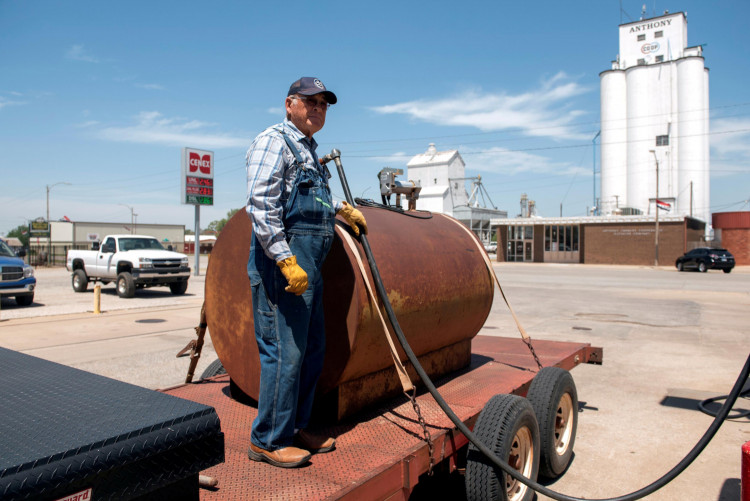Farmers in the United States may return to pre-trade war sales to China, alleviating economic pressure on one of US President Donald Trump's key political constituencies as he campaigns for a second term.
Yet Trump's bonanza of $40 billion to $50 billion in annual farm exports proposed when he revealed a preliminary October 11 provisional trade deal will almost definitely have to wait until after the presidential vote if it ever arrives. Yet additional orders from China often come with connected cords.
China plans to buy at least $20 billion in agricultural products in a year if it reaches a preliminary trade agreement with the U.S. and would propose further raising purchases in future rounds of negotiations, people familiar with the issue said.
That would bring China's exports of U.S. agricultural goods back to some point in 2017 before Trump started a tariff dispute with Beijing. Purchases could grow from $40 billion to $50 billion in the second year of a proposed final deal. But that would rely on Trump withdrawing the existing punitive tariffs, the people added, who requested not to be identified.
The market reaction to China's commitment has been fairly subdued, with soybean futures in Chicago rising past 0.5 percent but staying below the peaks earlier this week. Futures for corn, wheat, and hog were either slightly altered or down.
Trump has already raised expectations that when they meet in Chile next month, he and Chinese President Xi Jinping would ink a "Phase One" contract.
Chinese officials have also said that negotiations are going ahead. China's first-year purchasing signal gives a clearer picture of the structure of the contract.
Trump said China will increase agricultural purchases to between $40 billion and $50 billion as trade talks wrapped up in Washington on Oct. 11. People didn't say when the first year would end or when China would continue to list imports to the $20 billion.
Following negotiations in Washington earlier this month when the U.S. promised not to raise tariffs in October, the two nations were negotiating on terms of a specific deal and China decided to boost imports and other compromises.
U.S. Trade Representative Robert Lighthizer, Treasury Secretary Steven Mnuchin and Chinese Vice Prime Minister Liu He were scheduled to speak on Friday via telephone while they seek to get an agreement on paper.
U.S. Commerce Secretary Wilbur Ross said there will be two additional phases waiting for any agreement on contentious structural issues. The Ministry of Commerce of China did not respond immediately to a fax seeking comment on the sales of agricultural products.
Although China's $20 billion agricultural purchases of soybeans are heavily weighted in 2017, the nation's need for pork is now greater because an epidemic of African swine fever has ravaged its hog herd and sent swine prices rising. INTL FCStone Inc. reported that it is probable that upcoming sales will be more biased towards pork.





